Online-based
Professional Diploma in Team Sports Injuries
🔥 Enroll Now – Limited Time Offer!
Professional Diploma in Team Sports Injuries
9 months
English
Online-based
Advanced
Barça Innovation Hub
Description
This training program offers a comprehensive approach to the management and rehabilitation of sports injuries. It includes modules on injury prevention, management of medical pathology, functions of the motor cortex, and decision-making in sports settings, ensuring a holistic educational experience.
990 € 495 €
START DATE
10/02/2026
Level
Advanced
Delivery mode
Online-based
Duration
9 months
Average dedication
6/8 weekly hours
Delivered in
English
Learn to
Get to know the fundamental characteristics for both prevention strategies and injury rehabilitation, as well as the different injury mechanisms in team sports.
Propose efficient prevention strategies based on a process founded on scientific evidence.
Handle pathologies and specific injuries corresponding to each sport.
Improve critical analysis by completing a training program on the different professional roles of sports science and health.
Determine how the central nervous system influences human movement as well as how we can shape the ability to make decisions for movement.
Apply the appropriate methodology to the design of the post-injury rehabilitation process in situations where strength development plays a significant role.
Analyze workload monitoring data to orientate the training process towards preventing injuries and consequently successfully optimize sports performance.
Identify the areas involved in the control and adjustment of movements, as well as how they are involved.
Manage specific strategies to support a dual career and understand the different transitions in an athlete's life.
Experts Advisors:

Gil Rodas Font
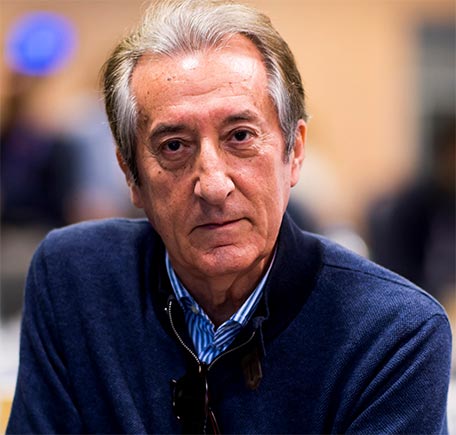
Paco Seirul·lo Vargas
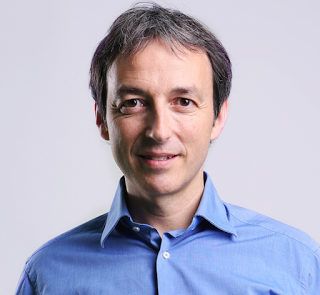
Daniel Romero Rodriguez
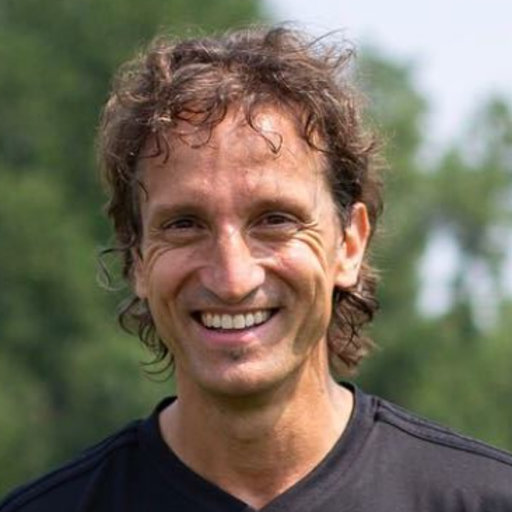
Francesc Cos
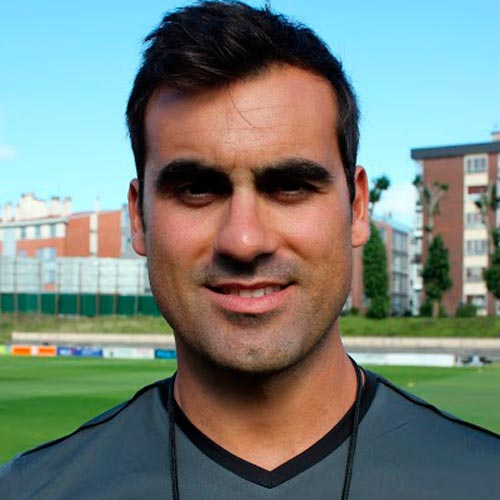
David Casamichana Gómez
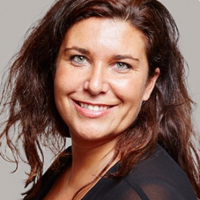
Ana Merayo García
Course Syllabus
Injuries and Team Sports
MODULE 1: Prevention of and readaptation from injuries
MODULE 2: Muscle injury and tendinitis management
MODULE 3: Management of joint and bone injury
MODULE 4: Decision making and returning to competition
Injury Prevention
MODULE 1: BASIC CONCEPTS IN EPIDEMIOLOGY AND INJURY PREVENTION
Unit 1: Basic Concepts in Injury Prevention
Unit 2: Epidemiology in Team Sports
MODULE 2: MUSCLE INJURY PREVENTION
Unit 1: Prevention of the Most Frequent Muscle Injuries
Unit 2: The Preventive Approach to Muscle Injury Prevention
MODULE 3: PREVENTION OF JOINT INJURIES
Unit 1: Prevention of the Most Frequent Lower Limb Joint Injuries ACL (Anterior Cruciate Ligament) Injury
Unit 2: Prevention of the Most Frequent Upper Limb Joint Injuries (Shoulder Injuries)
MODULE 4: INTEGRATIVE READING
Team Sports Pathology
MODULE 1: Management of medical pathology 1
MODULE 2: Management of medical pathology 2
MODULE 3: Sports Specific pathologies
MODULE 4: Special sports and competitions
Neuromuscular Basis for Strength Training
MODULE 1: Characteristics of the musculoskeletal system.
Unit 1: Movement from the central nervous system.
Unit 2: Function of the skeletal muscles.
MODULE 2: Muscle action and its relationship to sports.
Unit 1: Types of muscle action.
Unit 2: Interrelationship of muscle action in movement and posture maintenance.
MODULE 3: Systemic changes in detraining and immobilisation.
Unit 1: Detraining in relation to the skeletal muscle.
Unit 2: Muscle hypertrophy.
MODULE 4: Assessment of muscular properties in relation to sport.
Unit 1: Surface electromyography.
Unit 2: Tensiomyography.
Central Processing of Voluntary Movement
MODULE 1: Characteristics of the musculoskeletal system.
Unit 1: Movement from the central nervous system.
Unit 2: Function of the skeletal muscles.
MODULE 2: Muscle action and its relationship to sports.
Unit 1: Types of muscle action.
Unit 2: Interrelationship of muscle action in movement and posture maintenance.
MODULE 3: Systemic changes in detraining and immobilisation.
Unit 1: Detraining in relation to the skeletal muscle.
Unit 2: Muscle hypertrophy.
MODULE 4: Assessment of muscular properties in relation to sport.
Unit 1: Surface electromyography.
Unit 2: Tensiomyography.
Strength and muscle power as a key feature of rehabilitation from sports injuries
MODULE 1: Analysis of injury in sports: injury mechanisms and associated risk factors.
MODULE 2: Sports injuries and their relationship with the quality of strength.
MODULE 3: Strength manifestations and muscle power in the post-injury rehabilitation process.
MODULE 4: New paradigms in strength training: muscle building through vascular occlusion.
Selecting Variables: Are we repeating information or providing additional information?
MODULE 1: Relationship between internal load variables, and between external load variables
MODULE 2: Relationship between external load variables
MODULE 3: Integrating measurements. Efficiency index
MODULE 4: Selecting variables
Efferent Organization of Human Movement
MODULE 1: MOTOR CORTEX AND CORTICAL SPINAL TRACT
Unit 1: Motor Areas
Unit 2: Giant Pyramidal Cells of Betz and the cortical spinal tract
MODULE 2: ROLE OF THE CEREBELLUM AND BASAL GANGLIA
Unit 1: Cerebellum
Unit 2: Basal Ganglia
MODULE 3: FEEDBACK AND MOTOR ADJUSTMENT
Unit 1: Neurocybernetics
Unit 2: Feedback
MODULE 4: INTEGRATIVE MODULE
The Life of an Elite Athlete
MODULE 1: Systemic model
MODULE 2: Sports career model I and II
MODULE 3: Dual career
MODULE 4: Examples of intervention in different transition stages of an athlete's life
What Does It Include?
24-hour access to study material, from anywhere, on any device
Accompaniment, monitoring and virtual support from an expert in the field
Activities and assessments with personalized feedback
Discussion forums and interaction with colleagues from all over the world
Certificate issued by Barça Innovation Hub and endorsed by the corresponding institution.
Self-assessment to measure your learning progress